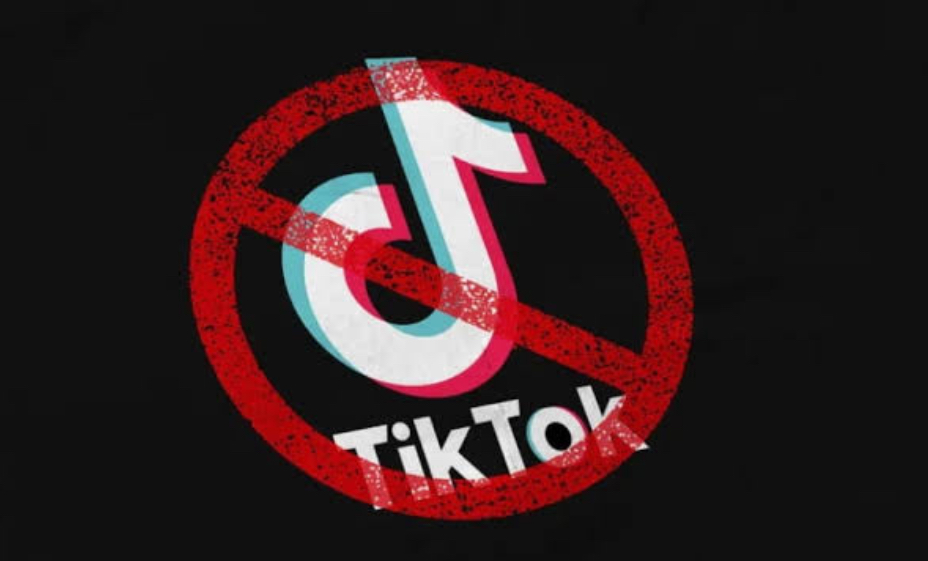Albania Joins the List of TikTok Bans
Albania has announced a one-year ban on TikTok following a tragic incident. A teenager was killed last month due to a fight that stemmed from an online confrontation on the platform. Prime Minister Edi Rama said, “We’re going to chase this thug out of our neighborhood for one year.” He also criticized TikTok for its negative impact outside China, describing it as “scum and mud” and highlighting societal issues rather than blaming just children.
India’s Ban on TikTok
India was one of the first countries to ban TikTok in June 2020. The Indian government cited national security concerns, stating the app was misusing user data. It banned TikTok along with 58 other Chinese apps following border tensions with China. TikTok had around 200 million users in India, making the ban a significant loss for the platform.
Other Countries That Have Banned TikTok
Several countries have restricted or banned TikTok due to various concerns:
- United States: Many states have banned TikTok on government devices, citing security risks. A nationwide ban has been debated for years.
- Canada: Government employees are prohibited from using TikTok on official devices.
- United Kingdom: The UK also banned TikTok on official government devices.
- Australia: Like others, Australia banned TikTok on federal devices, citing cybersecurity threats.
Countries Warning TikTok or Considering a Ban
Some nations have issued warnings to TikTok or are contemplating future restrictions:
- European Union: The EU has raised concerns about data privacy and potential Chinese government influence.
- France: France has flagged TikTok for its role in spreading misinformation.
- New Zealand: The app faces scrutiny, with officials warning against its use on government devices.
Why Is TikTok Being Banned?
- Data Privacy: Governments fear TikTok’s parent company, ByteDance, could share data with the Chinese government.
- National Security: The app is considered a potential risk to cybersecurity due to alleged data collection.
- Social Harm: Many countries believe TikTok negatively impacts children by promoting harmful content and addiction.
- Misinformation: TikTok is accused of spreading fake news and harmful propaganda.
What Does This Mean for TikTok’s Future?
The rising bans highlight growing distrust toward TikTok globally. As more countries evaluate the app’s risks, TikTok faces increasing pressure to prove its safety and transparency. While TikTok remains popular, the trend of restrictions may continue unless significant changes are made.
This situation raises questions about balancing digital freedom and national security in an increasingly connected world.

